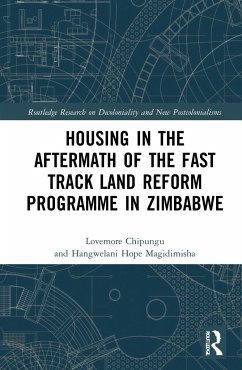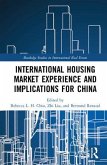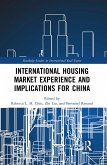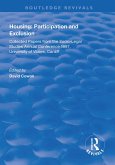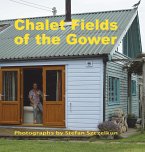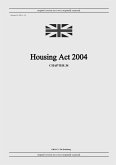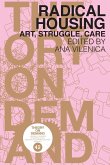This book delves into the Fast Track Land Reform Programme (FTLRP) in Zimbabwe to provide insight into how it facilitated the delivery of housing for low-income urban households. It highlights the politics of land reforms and the power of community engagement in housing development in urban areas. Prior to the FTLRP, the Zimbabwean governments had never embraced popular modes of housing production as key factors in urban development. In the area of low-income housing, informal housing schemes have always been treated with apathy and indifference. This left the conventional mode of housing production to be the only legitimate means to house low-income households despite its shortcomings. However, the onset of the FTLRP in 2000 resulted in homeless urban households grasping the opportunity to invade farms for housing development. Through the lenses of Marxism and Neoliberalism, this book analyses housing schemes that emerged and the overall impact of the FTLRP on housing and land delivery in Harare. This analysis is based on empirical evidence obtained from key informants and household surveys conducted in Harare. The authors argue that the FTLRP provided a platform for innovativeness by households, supported by the unpronounced national urban vision and prowess of the political leadership. Hence the success of these housing schemes can be measured by acquisition of land which guarantees households access to the city. However, some of these housing schemes pose challenges - key among them being lack of infrastructure. The book concludes by presenting a new model for effective delivery of land and housing for the urban poor. This is envisaged as a useful policy tool for urban planners, housing experts, land economists, urban and regional geographers, as well as sociologists, political scientists and social workers engaged in public administration of land and housing.
Bitte wählen Sie Ihr Anliegen aus.
Rechnungen
Retourenschein anfordern
Bestellstatus
Storno

